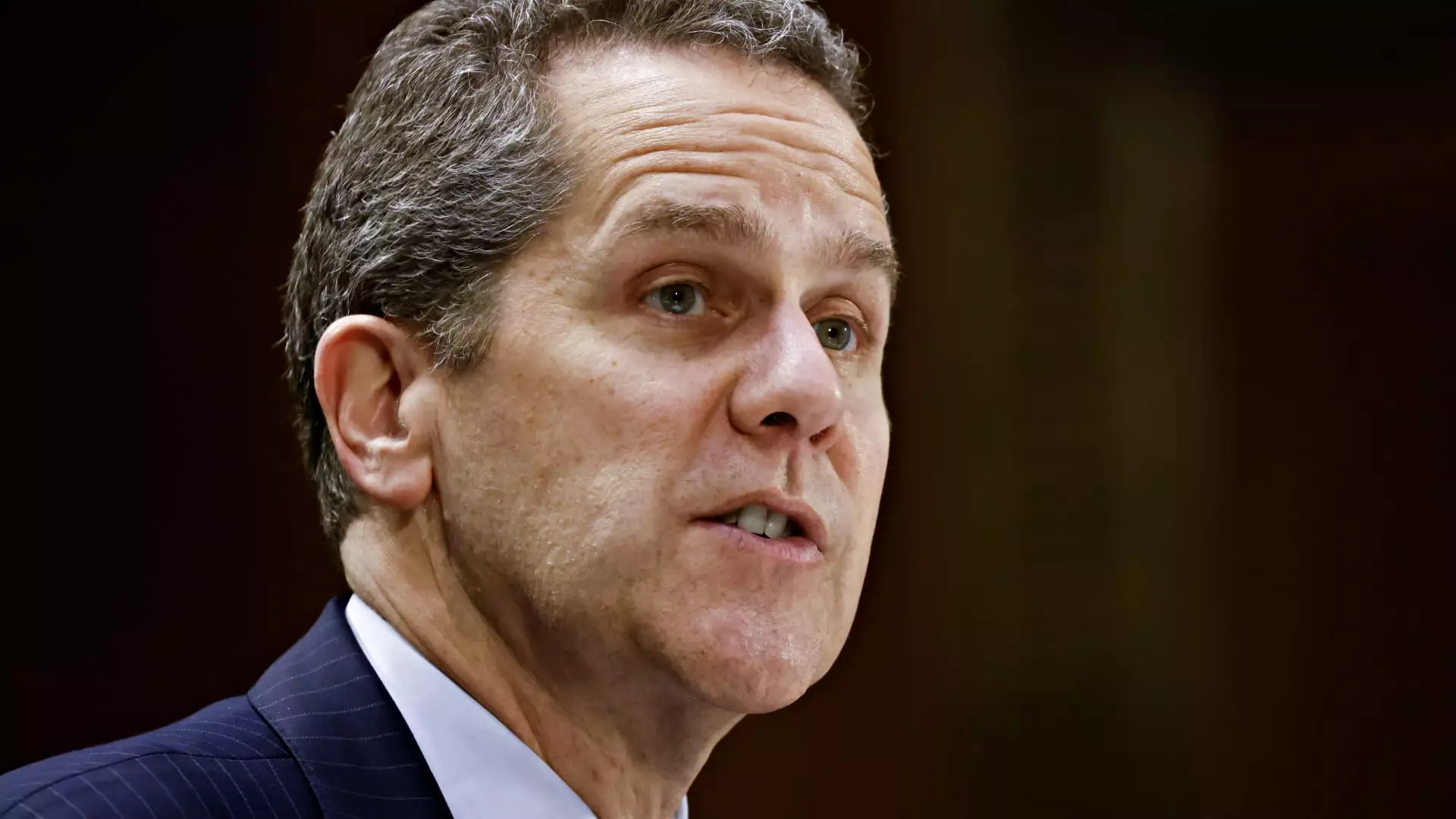The impending resignation of Michael Barr from the Federal Reserve, effective February 28, marks a significant juncture in U.S. financial regulation. As the vice chair for supervision—a role tailored for overseeing the banking sector’s stability—Barr’s departure allows President-elect Donald Trump the opportunity to appoint a successor who aligns more closely with his administration’s banking policies. This transition, while significant, is laden with implications not only for economic governance but also for the overall direction of U.S. financial regulations. Barr’s statement emphasized a focus on minimizing distractions that could impede the essential work of the Fed during a critical period of transition.
The timing of Barr’s resignation coincides with a pivotal moment in American financial regulation, especially given the backdrop of recent economic turmoil. Following the collapse of Silicon Valley Bank and others earlier this year, the Fed was compelled to act swiftly to manage liquidity and stabilize the financial system. While Barr’s tenure has seen efforts to maintain oversight in a tumultuous environment, new leadership could signal a shift toward more lenient policies favoring banks. The strategic selection of his successor may further indicate whether the upcoming administration intends to prioritize financial innovation or opt for heightened scrutiny as seen in the wake of the 2008 financial crisis.
The immediate effects of Barr’s announcement were observable in the stock market, with bank shares rallying after news of his resignation. The SPDR S&P Bank exchange-traded fund, which serves as a barometer for the banking sector’s performance, experienced a notable increase of over 1%. This rapid market response underscores a prevalent belief among investors that a more favorable regulatory stance is forthcoming. A new vice chair for supervision could lead to the relaxation of certain regulations, potentially invigorating banking activities and boosting investor confidence in the financial sector’s resilience.
With Barr’s exit, a cloud of uncertainty looms over the Federal Reserve’s future regulatory framework. The institution’s ongoing efforts to revise key banking rules—including the controversial Basel Endgame—will likely enter a state of limbo until a new vice chair is appointed. The Fed has previously signaled that it would refrain from making major regulatory decisions during this transitional period. This strategic pause speaks volumes about the possible shifts in regulatory philosophy that a new appointee could instigate, potentially recalibrating the balance between oversight and operational freedom for banks.
As the Federal Reserve prepares for this pivotal leadership change, the implications for U.S. banking practices and oversight cannot be understated. Michael Barr’s resignation opens the door for a new wave of regulatory philosophy that may enhance or diminish the scrutiny applied to the banking sector. The decision to appoint a successor will resonate throughout the financial landscape, influencing investor confidence, regulatory practices, and ultimately, the stability of the U.S. economy. Whether this transition will foster a more resilient financial system or pave the way for potential excesses remains to be seen, echoing the lessons learned from past crises.

